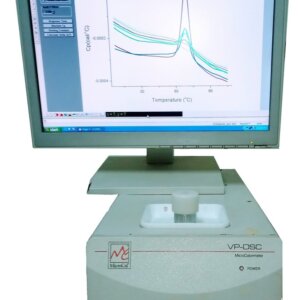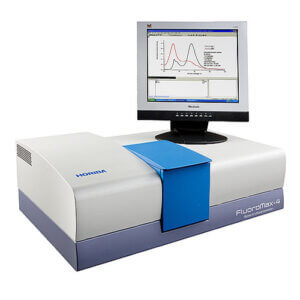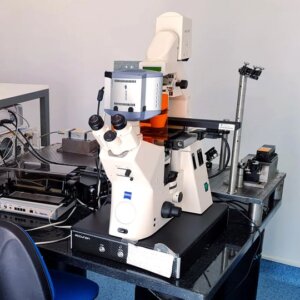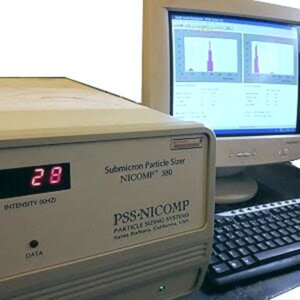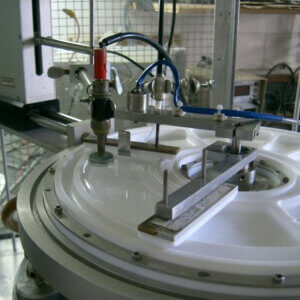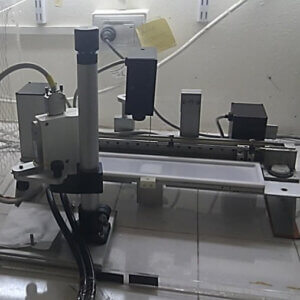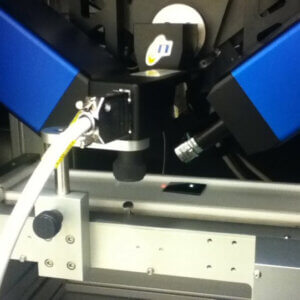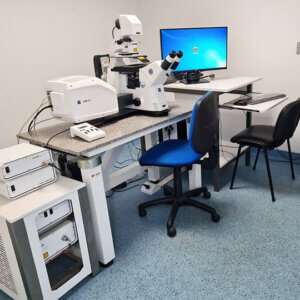

Research center
We are a dual dependency institution made up of the Biological Chemistry Research Center of Córdoba (CIQUIBIC), dependent on CONICET, and the Ranwel Caputto Department of Biological Chemistry (DQBRC) of the Faculty of Chemical Sciences of the National University of Córdoba (UNC) which houses 100 workers in their roles as researchers, interns and support staff. Our MISSION is to generate knowledge with high quality standards in the different areas of Biosciences in which our Institute works, integrating scientific research with the maximum commitment to undergraduate and postgraduate teaching as a bastion of an academic institution. Our VISION is to be a reference institution at a national and international level that seeks to generate scientific and technological advances with innovation in the areas of Biosciences for the benefit of society as a whole (https://ciquibic.org.ar/). Our headquarters are located in two buildings 200 m apart within the University City of Córdoba: Argentina Pavilion Building, right wing and CIQUIBIC-INFIQC CONICET-UNC Building.
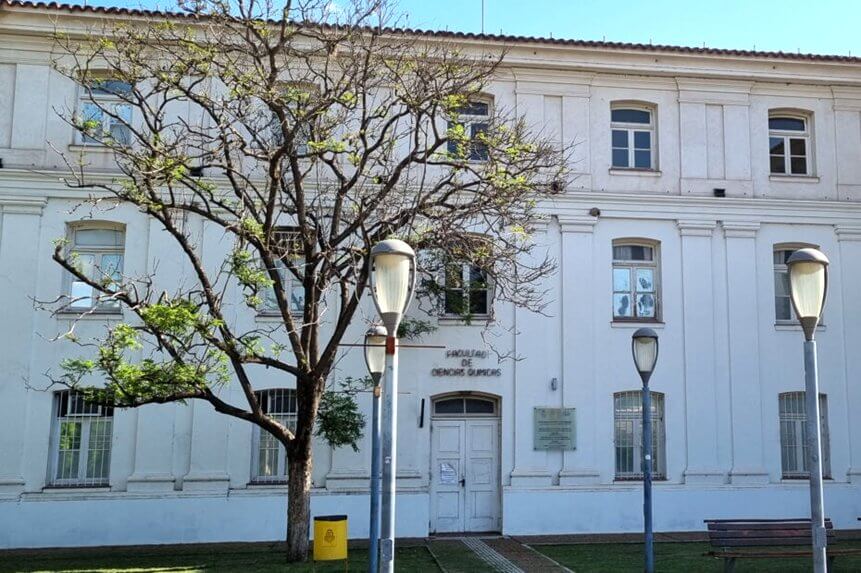

As part of our mission, the construction of scientific knowledge is promoted through lines of research in three large areas: Biophysicochemistry and Structural Biochemistry / Molecular Genetics and Biotechnology / Biological Chemistry, Cellular and Molecular Biology and Neurobiology. In the area of Biophysicochemistry and Structural Biochemistry (https://ciquibic.org.ar/biofisicoquimica-y-bioquimica-structural/), ten laboratories are developed led by researchers from the UNC-CONICET of CIQUIBIC dedicated to the study of the structure, function and organization of biomolecules, self-organization of natural amphiphiles in biointerphases, structure, rheology and function of biomembranes, molecular and structural studies on proteins and their relationship with their biological function.
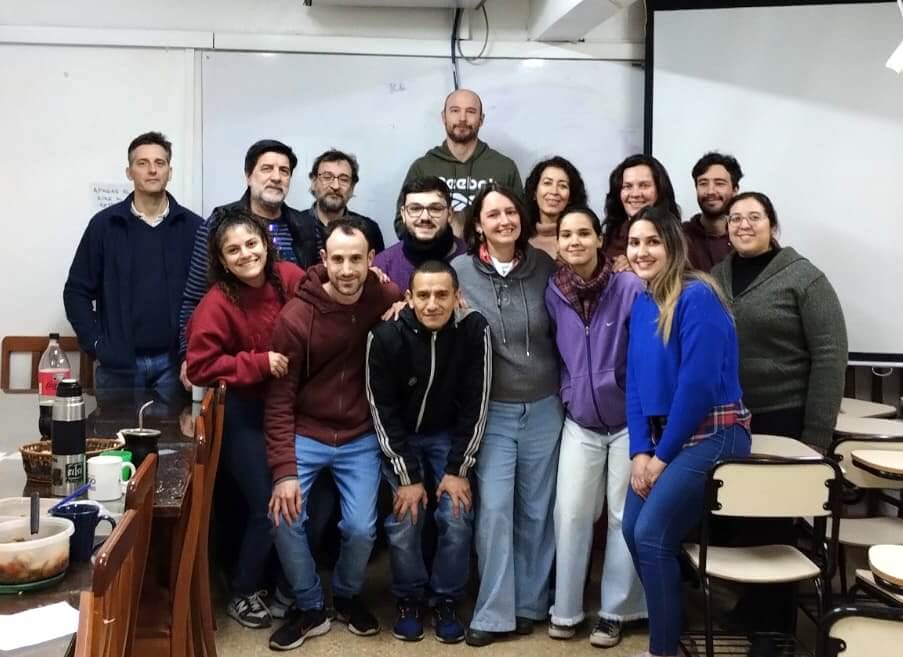

Research lines
The lines of research developed in the area are: 1.Biophysics of biological processes associated with the interaction of viral proteins with lipid membranes and (bio)macromolecules. Dr. Ernesto Ambroggio 2.Molecular glycobiology. Dr Maria Elena Carrizo 3.Structure and function of pathological and functional amyloids. Dr. M. Soledad Celej 4.Interaction of bioactive amphiphiles with model biological membranes. Dr. María Laura Fanani 5.Biophysical studies of the structure and stability of lipolytic proteins and bioactive amphipathic peptides in their interaction with biomembranes. Dr. Gerardo Fidelio 6.Transient interactions of soluble proteins with lipid membranes. Dr. Guillermo Montich 7.Monolayer and bilayer systems applied to the study of the stability, structural dynamics and microheterogeneity of biomembranes. Dr. Rafael Oliveira 8.Effect of oxidative/nitrosative stress on enzymes involved in glucose and glycogen metabolism of the central nervous system: Structural and functional studies. Jorge Miguel Romero 9.Mechanical and electrostatic properties of biomembranes. Dr. Natalia Wilke
Instrumentation
- The equipment available in the Biophysicochemical and Structural Biology area of CIQUIBIC includes specific equipment for the area located in the two headquarters of the institution and the microscopy equipment located in the CEMINCO (CENTRO DE MICRO Y NANOSCOPIA DE CORDOBA).
- The equipment available at CIQUIBIC includes Langmuir monolayer equipment, spectrofluorometers, IR-ATR spectrometer, particle analysis equipment (dynamic light scattering and z potential), differential scanning calorimetry and an osmometer.
- CEMINCO functions as a central unit shared with the Mercedes and Martín Ferreyra Institute (IMMF-CONICET) and the Center for Research in Clinical Biochemistry and Immunology (CIBICI-CONICET), aimed at the development of research programs in the different areas included within Chemical and Biological Sciences.
- It has confocal microscopes, DSU, TIRF, fluorescence, Brewster angle, optical tweezers, as well as accessories for monitoring live cells, micromanipulator, cell microinjector, CCD cameras, software for image analysis, etc. The laboratory is attached to the National Microscopy System (SNM, Ministry of Science, Technology and Productive Innovation).
- CEMINCO is based on the fourth floor of the UNC Virtual Campus building, in Ciudad Universitaria Córdoba (https://ceminco.conicet.unc.edu.ar/).
-
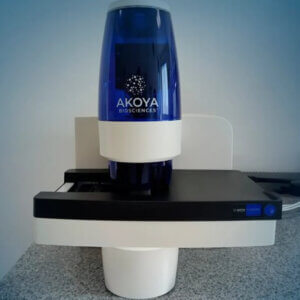
- Escaner Óptico_PhenoImager Fusion es capaz de obtener imágenes de todo el portaobjetos completo tanto de campo claro como de fluorescencia
-
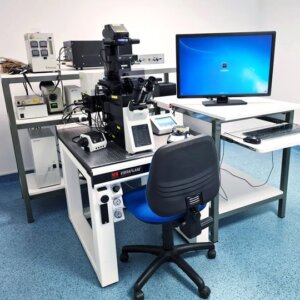
- FV1200 Olympus equipado con contraste de interferencia diferencial DIC cámara de incubación para células vivas, óptica supercorregida y platina motorizada
-
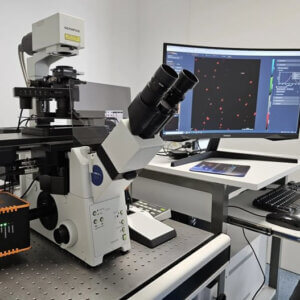
- Microscopio confocal y de superresolución mediante STED para fluoroforos en el rango del rojo y rojo lejano Olympus-Abberior
-
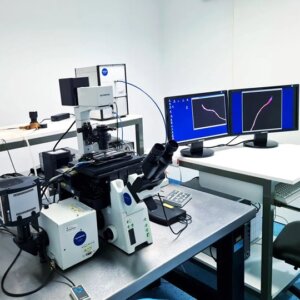
- Microscopio DSU – cellTIRF Olympus_ Microscopio de disco giratorio equipado con módulo automático de iluminación multilínea TIRF
- M.L.Fanani: lfanani@unc.edu.ar, tel: 3512015184
- M.S. Celej: mcelej@unc.edu.ar
- M.E. Carrizo: mariae.carrizo@unc.edu.ar
- https://ciquibic.org.ar/biofisicoquimica-y-bioquimica-estructural/
- https://ceminco.conicet.unc.edu.ar/
Five days of intense work, hands-on learning and scientific collaboration at @CNPEM 🇧🇷
Researchers from Latin America and Europe came together to explore the intersection between drug discovery and structural biology, through theoretical sessions and practical training.


